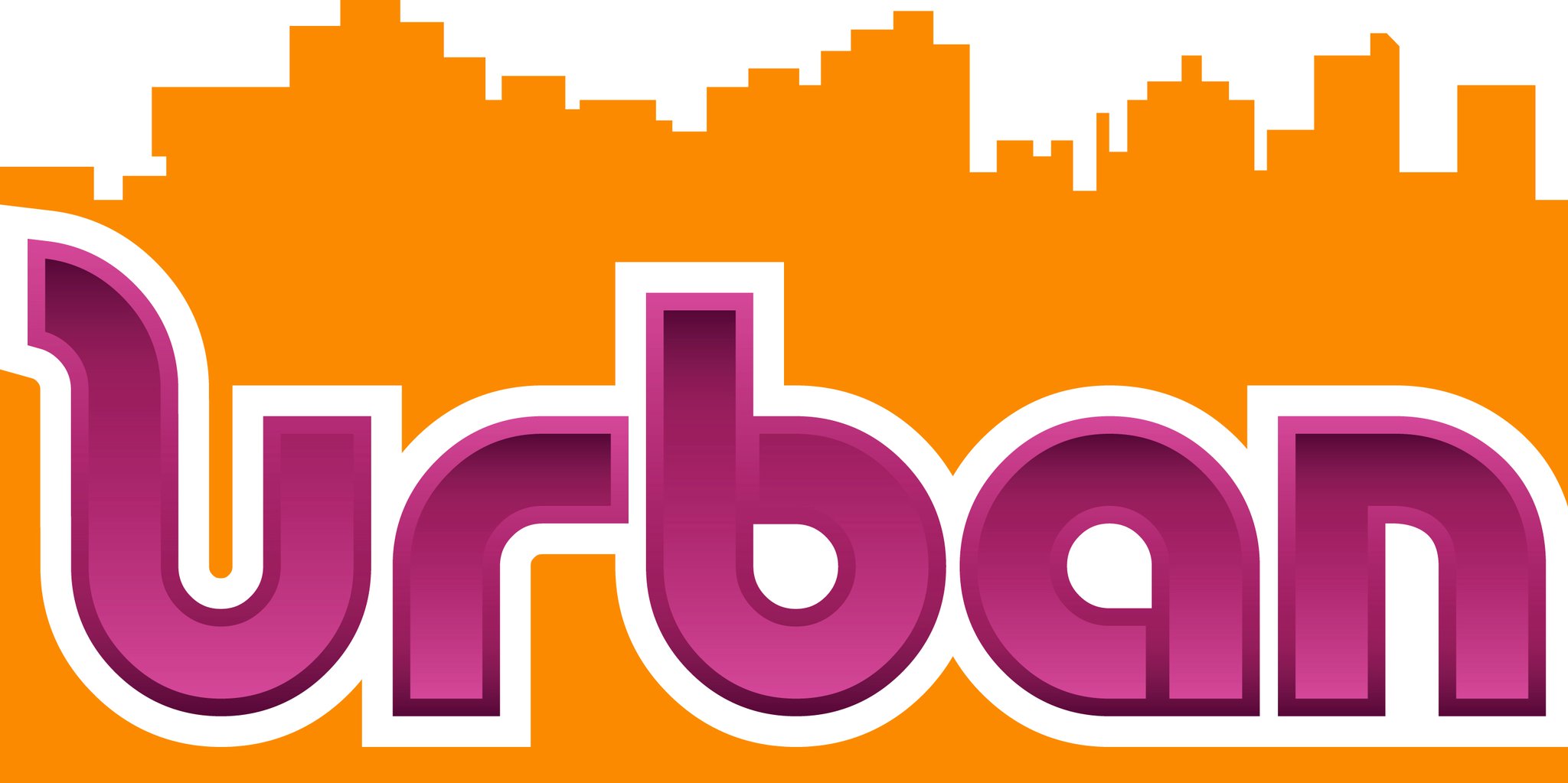Urban TV is due to kill its signal on DStv at the end of April, as the broadcaster folds its decade-long operation.
Revelations regarding the closure first emerged at the start of the month after some of the TV staffers went public about it. However, despite these reports, made by among others Robin Kisti who hosted the evening lifestyle program Short Circuit, Urban continued to broadcast.
Some sections of the public were led to believe that perhaps it was mere speculation while others said it was yet another restructure.
In recent weeks, Urban had ceased normal programming – especially live shows – and only resorted to relaying music videos, movies and syndicated shows such as BBC Focus on Africa.
On DStv, channel 288 which has been carrying Urban TV flags the notice ‘Dear viewer, please note that Urban TV is closing on the 30 April 2024’.
We have since confirmed that the TV is indeed closing.
When we reached out to Vision Group Wednesday evening for comment, the execs at the multimedia and printing giant gave a measured statement.
“Management has temporarily suspended Urban TV and decided to focus on other units to maximize returns,” reads a statement given to PLUGGED, which upon scrutiny confirms the fact that the asset was no longer commercially viable.
This is the first time the government-owned media group is commenting on the matter since the reports surfaced.
In the same brief statement given to PLUGGED, the Management at VG said Urban TV “remains an integral part of our vision”, and that “we plan to revisit its operations in the near future”.
However, reliable sources that PLUGGED has been talking to all say the odds are next to impossible that the decision to pull the plug will ever be revisited. VG did not confirm whether the April 30 deadline to go off air only applies to DStv or all the other Pay TV carriers and free-to-air. We understand StarTimes killed the Urban TV signal at the end of last month.
Closing the TV which 13 years ago sought to break new ground as a fresh, hip and youth-targeted television, does not come as a surprise to those who have knowledge of the goings on at Vision Group (VG) over the recent past. Sources at the Industrial Area-based media group say the decision to shut down Urban has long been in the pipeline.
Largely attributed to the failure by the TV to be commercially self-sustaining. For many years, Urban’s revenue has been in a nosedive, a trend that began as far back as 2016 when it first laid off several staff.
Like many broadcasters, Urban finds itself in a dilemma – the growing influence that digital media continues to have on content consumers – by providing real-time news updates and a variety of entertaining content. This has deprived traditional media of a big chunk of audience traffic resulting in many of them cutting their employees significantly while others have had to shut down.
According to Ipsos’ National Audience Measurement Survey (NAMS) report for H1 of 2023, Bukedde TV commanded the biggest reach nationwide followed by NTV and NBS TV.
In its first half (Jan – June 2023) TV rankings, Ipsos (the market research firm) reported Urban TV’s countrywide viewership at a paltry 0.5% behind Bukedde (26.1%), NTV Uganda (18.2%), NBS TV (11.9%), TV West (10.3%), KBS TV (8.7%) and SPARK (8.5%).
Urban also trailed behind the national broadcaster (UBC), BBS Terefayina, Sanyuka TV, Top TV, Bukedde TV 2, Makula TV, Salt TV and Wan Luo TV.
Even in Central Uganda where Urban’s initial target audience is predominant, it did not feature among the Top 14 most watched TVs, ceding viewership to underdogs like Top TV, Makula TV, Nyce TV and Moon TV.
This despite efforts to boost Urban’s reach and appeal to the English-speaking audience that the TV had set out to appeal to initially. In 2023, Vision Group shifted Urban TV from a lower power Signet transmitter to a higher-power transmitter in a bid to make the TV accessible to Free-to-Air. VG said the shift would improve the reach of the channel to match the competition reach among the likes of NTV and NBS.

The news about Urban’s closure has elicited melancholy from viewers who reminisce about its heyday with deep nostalgia, others with disappointment that the broadcaster did not live up to its full potential.
“Urban was the best entertainment TV,” wrote @Smwesigye_01 on X.
“Our young days were made by the team led by DJ bush baby and Josh the Fixer. Perfect picture, good content, top notch production ever,” said @nyaruguru.
“I still believe it (Urban) was ahead of its time. The Urban TV thay they closed had restructured itself far from the original idea,” wrote popular voice over artiste, Shafiq Neka.
On his part, actor and comedian Daniel Omara says Urban is “the saddest story of avoidable blunders that killed a TV station”.
Before Urban TV lost its urbanness and morphed into ‘another Bukedde TV’ as many have described it, it was a revved concept that trail blazed Uganda’s TV programming in several aspects.
And the idea began in 2010 with a conscious decision by VG to create a dedicated TV platform that would cater for a particular demographic – the youth. This was under the steadfast leadership of Robert Kabushenga who left the news and printing giant three years ago.
Uganda’s biggest multimedia group was looking to appeal to the English-speaking market, having successfully catered for the vernacular segment with the launch of Bukedde TV a year prior.
Urban’s target audience would be Kampalans who spoke English and fell in the 18 to 35 age bracket. ‘A station for tomorrow’ is what it was supposed to be.
In a recent exclusive interview with PLUGGED, two figures – DJ Bush Baby and Josh ‘The Fixer’ Mwesigwa – who were instrumental in creating the edgy programming that made Urban TV popular in its peak years, attributed the TV’s troubles to a poor marketing strategy, impatience on the part of the VG’s Board and policies that frustrated key talent forcing them to leave.
“The Board became impatient and put top Management under pressure to justify Urban TV’s business existence in the market. Of course for them they are not technical people. They know ‘We have signed off X amount of money for the financial year and we expect X amount in terms of projections’. They were not seeing the money coming back and they became jittery,” says veteran deejay and TV producer, DJ Bush Baby.
Bush Baby was Station Manager for Urban when it launched in 2011.
It was these competing interests – protecting the sanctity of the product Vs. revenue – that led Management to pivot from their initial target audience pushing it above age 40.
“They told us to do 40+. Forty plus means you are going to go heavy into current affairs which is the most expensive television format. It meant you had to break the bank as VG to tussle with NTV Akawungezi, NTV Tonight, Amasengejje or NBS Live At 9. With the resources we had, it would require magic to pull that off,” he added.
On his part, Mwesigwa, who was brand designer (responsible for the graphics) blames Management for employing a poor sales plan subsequently killing Urban’s chances to get advertisers.
“They had an idea of what they wanted – young people. But they didn’t not have a sales plan for young people. Branding alone doesn’t work if you are not selling it well,” Mwesigwa told PLUGGED recently.
Management’s argument was that the market didn’t understand Urban TV’s offering. But those then charged with production and programming argue it’s the people responsible for selling Urban to advertisers that never understood the product.
“The way they (VG sales team) were selling Urban was as ‘enyongeza’ (add-on). They were selling Bukedde TV first and then Urban second, yet they were supposed to sell them separately. Urban needed a dedicated sales team that understood what young people want,” adds Mwesigwa.
Among the things that earned Urban’s quick rise to popularity were the faces that hosted the different shows.
VG had launched a talent search (Rated Next, the presenters’ edition) which discovered fresh faces that were raw, hungry, young, and ready to make an impression. It is this search that birthed the likes of Denzel Mwiyeretsi who in 2013 represented Uganda in Season 8 of Big Brother Africa.
Some of the other names that graced the screen included Danze Mosha, Gaetano Kaggwa, Sophie Tatu, King Shovon, Mary Luswata, Daniel Mumbere and Mister Deejay. The list also had Samson Kasumba, Malaika Nyanzi, Ronald Kato, Brian Keyla McKenzie, Brenda Kembabazi, Razia Athman and Humphrey Wampula among others.
Many of these names have come to be forces to reckon with when it comes to broadcast.








